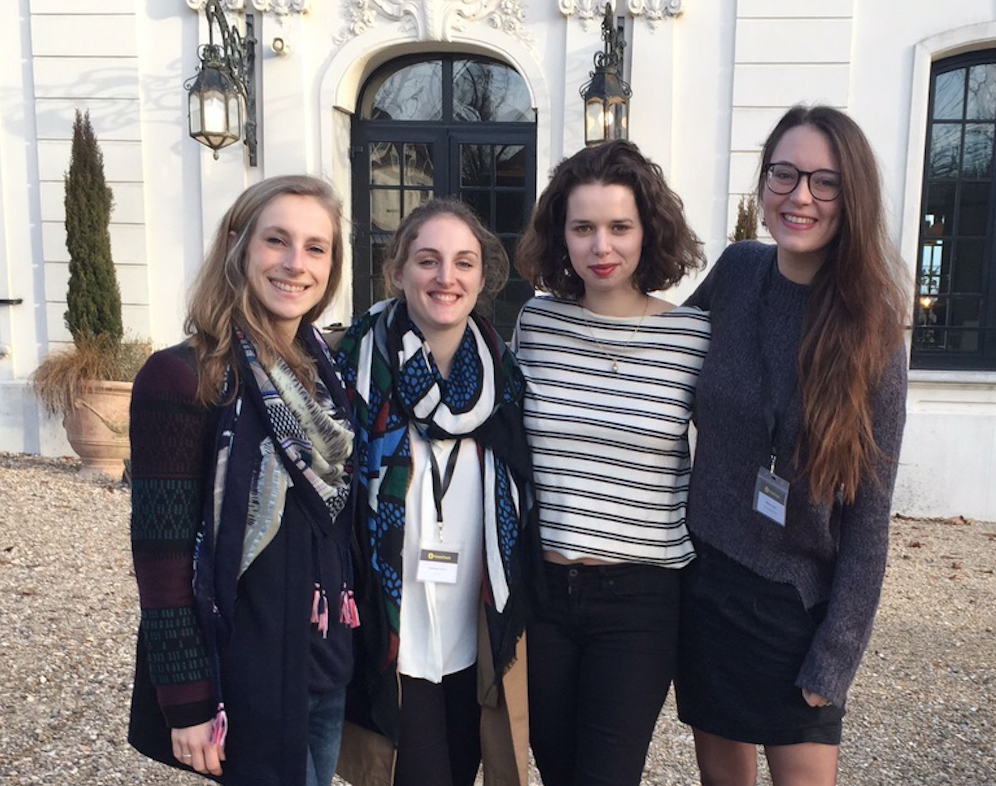Ukrainian LSE student Elena Serdyuk gives a personal view of the media battle in the crisis with Russia and the Crimea. You can read her previous article on the crisis here
During a debate “Russia, Ukraine and Us,” organized by the LSE and BBC Radio 4 there was a consensus on at least one aspect of the crisis: that Western media were late to the party in terms of covering events in Ukraine, as compared to their Russian counterparts. Indeed, there wasn’t much continuous reporting on Ukraine in the US and the UK (with the possible exception of the BBC) from the beginning of the protests at the end of November up until the invasion of Crimea two weeks ago.
A friend of mine, an LSE graduate, who worked as a reporter in Russia for a while, told me that a lot of foreign journalists covering the protests in Kyiv were based in Moscow and had access to limited sources in Ukraine. Since they didn’t have proper contacts to gather original information or conduct interviews, some of them used secondary sources in their work. Several reports fed on, as well as reinforced, stereotypes. Few foreign journalists were actually reporting from the ground.

Ukraine itself didn’t do a particularly good job with reaching out and sharing its side of the story with the rest of the world via mass media. Despite the flourishing of creative initiative during the protests on Maidan, which inspired people within Ukraine (posters, stickers, songs, videos, even anecdotes), very little of it was seen by foreign publics, and the distribution channels were mostly new media.
One of the few English-language projects that drew attention abroad was “I Am A Ukrainian,” which gathered almost 8 million views on YouTube. However, this figure is infinitesimally small when compared to the audience size of major TV networks. While Russian media and politicians seem to have been very methodical in presenting their side of the story worldwide, Ukrainian media found themselves on the defensive and unprepared to act on all fronts, especially on the Western one.

The lack of its own powerful foreign-language news platform, comparable to Russia Today, airing 24/7, really put Ukraine at a disadvantage. During the protests, Maidan’s message was not clear to foreign audiences, who, as another friend of mine put it, “found it difficult figuring out what exactly was happening without speaking the language.” The bits and pieces of information available didn’t provide a comprehensive picture.
In search of alternative sources of information, some people turned to Russia Today, which further complicated their understanding of the situation. Several of my fellow students were unsure if the consistent allegations by Russia Today, that the protests on Maidan were led by neo-Nazis, fascists and extremists, should be dismissed or given credence. Even bigger confusion exists when it comes to whether or not the population of Eastern Ukraine and Crimea want to join Russia.
The state of affairs in regards to coverage of Ukraine in foreign media required an urgent change when Russian troops entered Crimea two weeks ago. One of the recent initiatives aimed at combatting Russia’s information campaign has been the launch of Ukraine Crisis Media Center in Kyiv, led by top PR specialists in Ukraine. UCMC quickly became the first destination for many foreign journalists interested in reporting from Kyiv and Crimea. Among other things, the center provides contact details of fixers and interpreters. It also hosts interviews with state officials and activists providing the latest first-hand updates on the news.
The Russian media campaign against Ukraine at the international level was the focus of Paul Roderick Gregory’s blog article “Putin’s Big Lie on Ukraine (If It Weren’t So Serious It Would Be Funny)” and Anne Applebaum’s “Russia’s Information Warriors Are on the March—We Must Respond,” published last week.
This article by Ukrainian LSE student Elena Serdyuk



